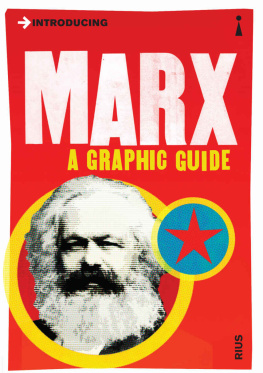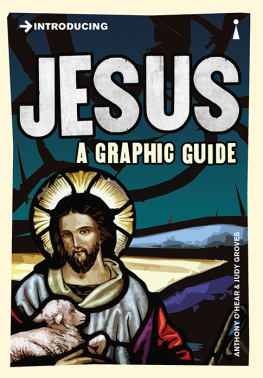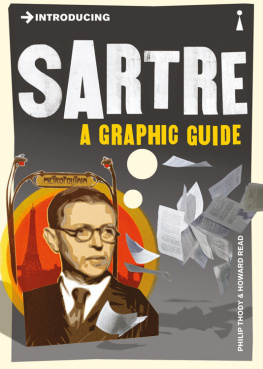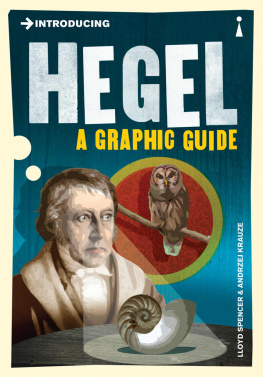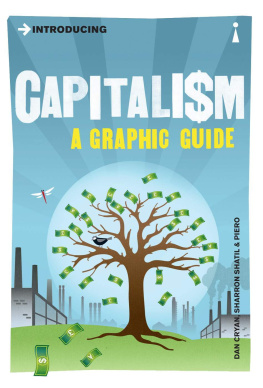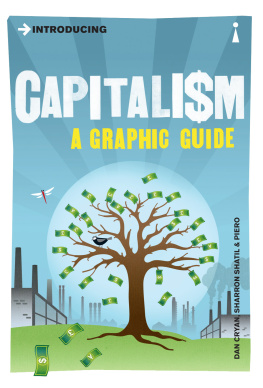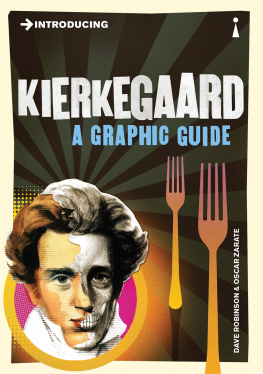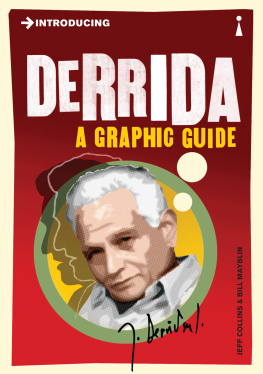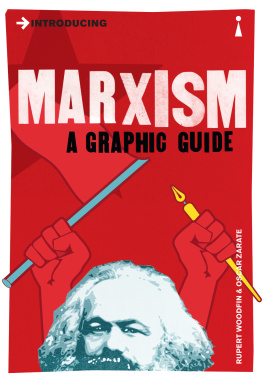Published by Icon Books Ltd, Omnibus Business Centre, 3941 North Road, London N7 9DP
Email:
www.introducingbooks.com
ISBN: 978-184831-981-3
Text copyright 2012 Icon Books Ltd
Illustrations copyright 2012 Icon Books Ltd
The author and illustrator has asserted their moral rights
Originating editor: Richard Appignanesi
No part of this book may be reproduced in any form, or by any means, without prior permission in writing from the publisher.
Contents
Editors Introduction
This first English translation of Rius Marx para Principiantes was originally published in 1976. It was an instant hit! I was his British editor at the time and I knew we were on to a winner when a local Tory party HQ in Kensington ordered a half-dozen copies. The popularity of Marx for Beginners clearly signalled the existence of a readership hungry for information on big topics which could be supplied by the revolutionary means of non-fiction comic books. This persuaded me to originate other Beginners on Einstein, Freud, Darwin and so on. This whole series has now been renamed Introducing
In the early 1970s I was already aware of Rius as a legendary Mexican cartoonist, singlehandedly producing a weekly comic, Los Agachados (The Underdogs), for the delight and instruction of the underprivileged. Humorously, but with deadly accuracy, Rius enlightened his public on every sort of social and political issue. His wit got him into trouble with the authorities. Rius then had the genial idea of introducing Karl Marx to his readers. And so, the people of the barrios came to know this German heavyweight, Carlito. The world was soon to follow and Rius brilliant primer was to sell over a million copies in 12 languages. The huge international success of Marx tells us something interesting. It obviously meant that a basic primer on Marx was badly needed, not only among the poor of Mexico but in the supposedly more advanced and sophisticated countries too.
We are perhaps inclined to think of the 1970s as the fashionable age of Marx. Karl might have appeared as a pop totem on T-shirts, though very few actually read him. Too difficult. But by 1976 the radical culture was not as optimistic as it might seem to us now. The heroic moment of the Vietnam protest, student movements and socialist hopes generally were over. Che Guevara had perished in his Bolivian misadventure in 1967, the social democratic experiment in Chile had been suppressed with almost genocidal fury by Pinochet in 1973, and the Portuguese revolution of April 1974 had withered away. Reaction had triumphed and the Cold War was coming to a conclusion, with definitive winners and losers. By the end of the next decade the Berlin Wall had disintegrated, and the Soviet command economy had vanished overnight without trace.
No one laments the passing of the Berlin Wall, except the apparatchiks and Cold War profiteers on both sides of it. What saddened me was the unthinking naive joy at the prospect of a neo-capitalist future, expressed by even those who ought to have known better. It was depressing to encounter lifelong Marxists in the streets who breathlessly exclaimed, Isnt it wonderful whats happening in Eastern Europe? Whats so wonderful? To witness the unholy rush of Communist parties to change their names? The spectacle of self-professed Marxists suddenly transformed into bom-again liberal capitalists? Was it really so hard to foresee, especially by those with practiced habits of Marxist analysis, that we were entering into a period of acute economic instability and nationalistic crisis in Eastern Europe which made civil war virtually inevitable? Are we shocked that the primitive accumulative phase of capitalism in the former Soviet Empire has taken the shape of Mafia-style criminality? What did we expect, that somehow Eastern Europeans would come to mature capitalism without going the same pirate route that we had earlier followed to arrive at transnational supermarket capitalism?
In the light of what has happened since 1989, it is high time for a reconsideration of what Marx was really about, warts and all, without dogmatism and sanctification. What was done in his name in the Soviet Union, in Eastern Europe, China and elsewhere, has for too long been passed off as Marxism. The first thing to remember is that Marx was an economic critic and philosopher, not a prophet. He gave no blueprint whatsoever of socialism or communism. What he has principally and essentially left us is a critical analysis of capitalism. Marxism is, and should be, nothing else but the means of criticism.
The closest to a programme proposed by Marx is found in the famous 10 Points of the Communist Manifesto which Rius reproduces in this book. Look closely at these aims, considered revolutionary when Marx stated them in 1848, and you will notice something curious. Although they have never been fully implemented, it is nevertheless startling to recognize how many of his aims have in part at least been adopted in many industrially advanced countries, not by revolutionary means but by parliamentary reform. The truth is, much of Marxs economic programme nationalization, state education and so on became the agenda of Keynesian state management in the 40s and 50s. Thatcherism and Reaganomics in the last decade have almost entirely succeeded in rolling back these basic social democratic reforms. We are being told, constantly, that we have no alternative to the capitalism shaped by the monetarist deregulated free market. That is not the view Rius takes. He neither apologizes for nor disguises his confidence in Marxs ideas, and thats unusual these days. Rius has done his job by making Marx a little more familiar. The rest is up to us.
Richard Appignanesi Icon Books
PREFACE
What?! try to summarize Marx? Thats not only a sacrilege (as most Academic Marxists will say), but a complete waste of time because Comrade Karl is supposed to be completely beyond the range of simple minds.
Maybe so, maybe not. But Ive written this book anyway, on the principle that the worst kind of battle is the one not confronted.
Another reason for trying to take on Charlie was my wish to understand him an ambition which I havent satisfied.
Marx ladies and gents was truly a Tough Guy. A Teutonic Genius towering over much of the scientific knowledge of his day. He just went on producing philosophy on philosophy, without worrying how many people would understand him. Result? A whole series of high level works. Really heavy stuff and much too dense for the ordinary reader. Marx is hard to digest!
This Book tries to provide a Digest an extract of Marxs ideas. Something easier to get down. Being aware of my limits (5th. Grade elementary!), I am happy if the thing isnt completely incomprehensible.
Marx himself hasnt made my job any easier by forgetting to provide a summary of his works. I got even less help from all those scholarly volumes which pretend to clarify Marx, But end up being more difficult than Charlie himself.
An attempt to popularize Marx raises another problem the difficulty of putting into everyday language the philosophic and economic terms he uses. Because there arent only 20 or 30, But 200 or 300! To try translating this number without losing their meaning is really Dog Work. I hope the average reader who gets through this book will have the courage to confront the complete words of Marx and come out of it better than I did.
I should also like to thank the illustrious Marxist theoreticians who, when I asked them for a hand, replied politely that I must be out of my mind to start such a work. I really appreciate their spirit of co-operation and regret not heading their advice before settling down with Herr Doctor Karl Marx.

